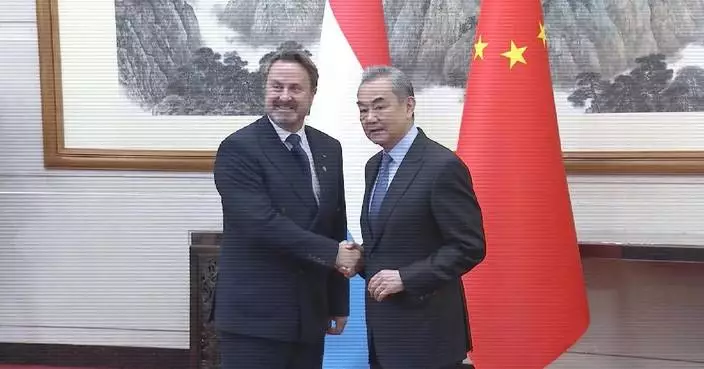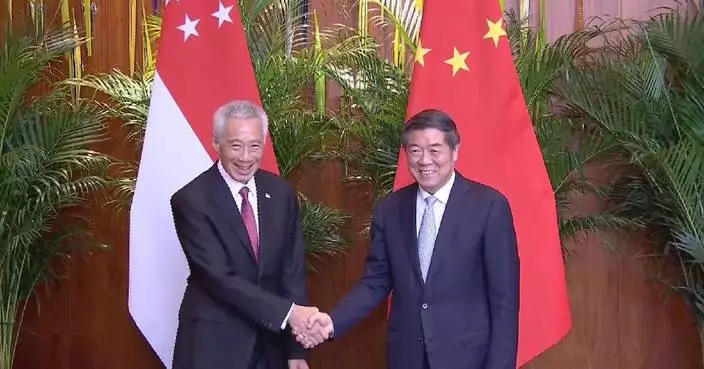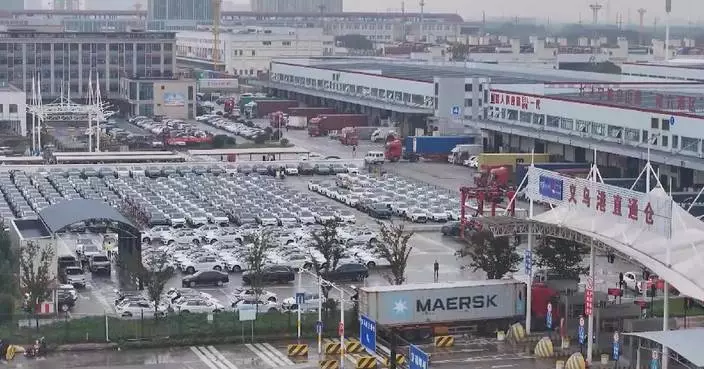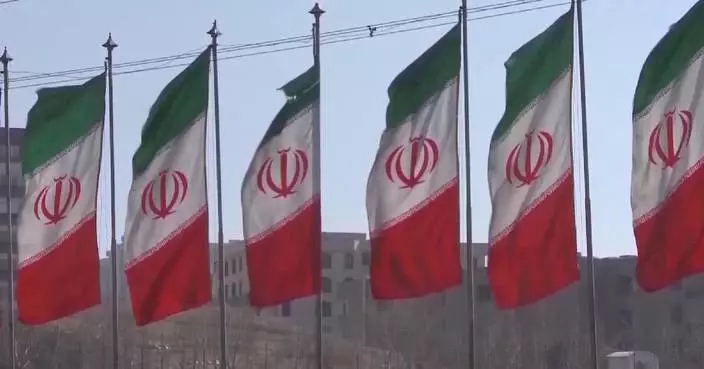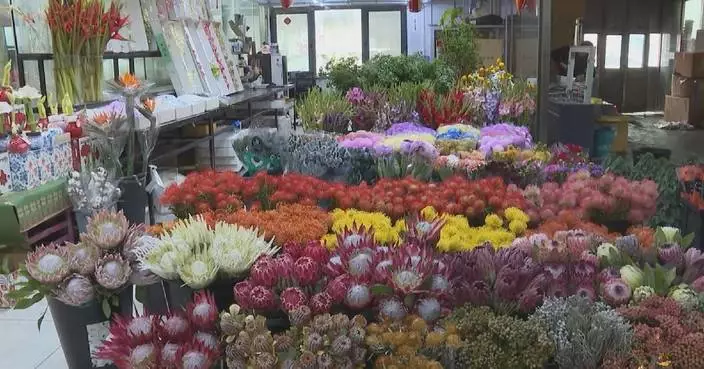The second Liangzhu Forum opened in Hangzhou, the provincial capital of Zhejiang in east China on Monday, aimed at promoting exchanges and mutual learning between civilizations.
Themed on "Exchanges and Mutual Learning: A New Form of Human Civilization," the forum gathers more than 300 archaeologists, writers, musicians and other scholars from over 60 countries and regions. It is jointly sponsored by the Ministry of Culture and Tourism, the National Cultural Heritage Administration, and the Zhejiang Provincial Government.
Discussions are centered around topics of "Reimagining civilization: Archaeology and the diversity of civilizations in a global perspective," "Creativity in literature: Resonances of world literature and the development of human society," and "The evolution of musical spirit: Modern echoes of Chinese and foreign music traditions."
Rooted in the 5,000-year history of Chinese civilization, the forum leverages the archaeological ruins of Liangzhu, inscribed as a UNESCO World Heritage site in 2019, as evidence of China's cultural achievements in ancient times.
"There is a keyword in our Liangzhu Forum called 'mutual learning'. To simplify, 'mutual learning' is akin to looking at each other in a mirror. When we understand the Liangzhu Forum from the perspective of mutual learning or civilizations engaging in dialogical exchange, we are not only engaging with other civilizations but also reflecting upon ourselves," said Chinese writer and documentary director Zhang Hailong. "That is the significance -- it's listening to everybody's viewpoints and so that we can find sort of mutual understanding with the development of music and culture and humanity in general. So that we can sort of come together with a better plan, so to speak," said Bobby Borg, a professor of Music Industry of the University of Southern California.
Highlights of the forum include a presentation of China's achievements in compiling "A Comprehensive Collection of Ancient Chinese Paintings," a state project that involves at least 12,405 pieces (sets) of Chinese paintings from over 260 domestic and overseas museums and other cultural institutions, as well as a special concert titled "Echoes of Liangzhu."
Located in the Yangtze River Basin of Zhejiang Province, the archeological ruins of Liangzhu, dating back at least 5,000 years, reveal an early regional state with a unified belief system based on rice cultivation in the late Neolithic Period (around 7000-1700 BC). The archeological site is recognized as one of the earliest examples of Chinese civilization.
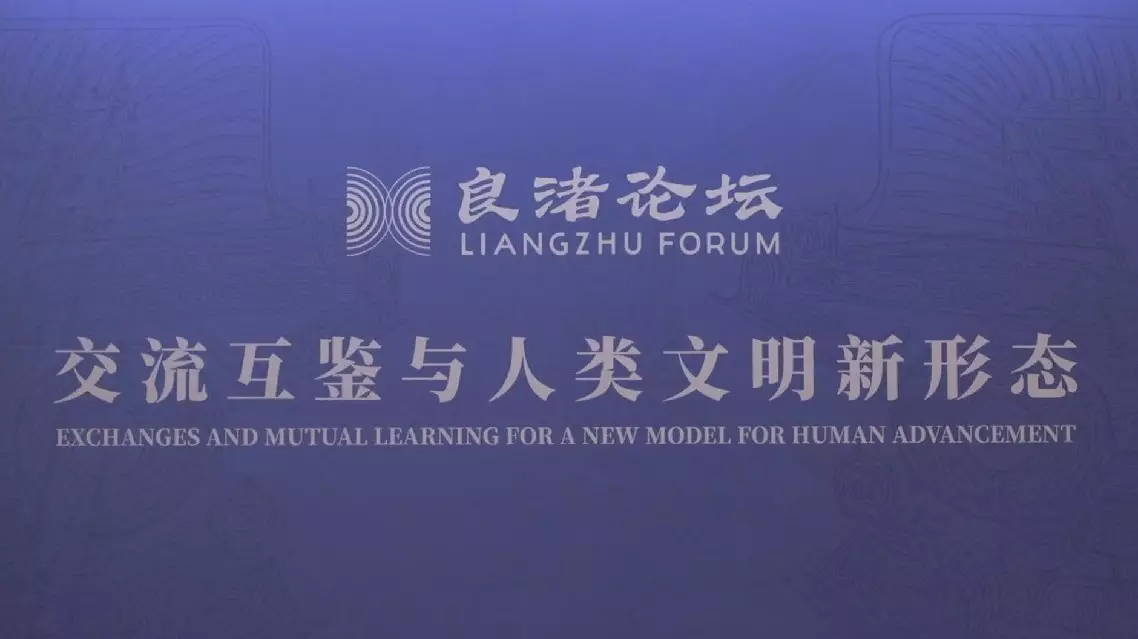
2nd Liangzhu Forum opens in Hangzhou to promote exchanges



